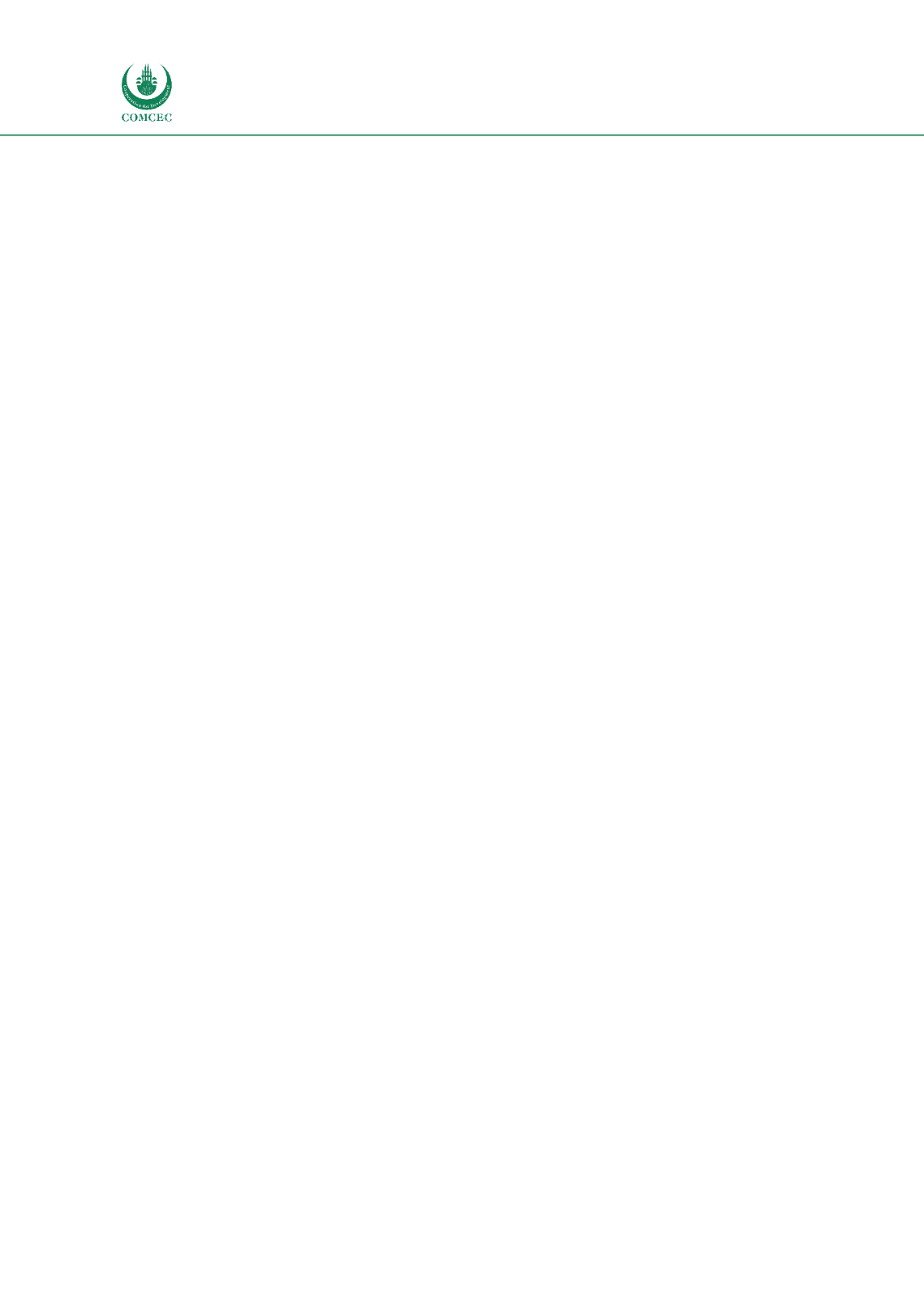

Improving Customs Transit Systems
In the Islamic Countries
182
The application and attachments are checked, and the release from financial liability
certificates is verified by the division of specialty.
The transit guarantees are not limited to the value of duties and charges, and the guarantee
amount is not calculated according to risk level and guarantee waiver. Jordan Customs is
releasing the guarantee one day upon completion of a transit procedure.
4.3.3.10
Risk management
The EU-Jordan Single Support Framework 2017-2020 includes the cooperation in upgrading
border management and preventing violent extremism, as well as the support to the country's
macro-economic stability and enhancing social and economic development. The action will
tackle both of these strategic priorities by supporting the creation of a national system of
Integrated Border Management (IBM).
The main objective of the project is "to contribute to the development of the long-term capability
of Jordan to control and manage its borders and to ensure greater security for citizens and
visitors while guaranteeing the respect for the rule of law and human rights standards." It will
be structured around three interlinked complementary pillars:
To support the development of an integrated approach to border management;
To enhance capacities to fight transnational crime;
To strengthen trade facilitation practices and measures.
The main stakeholders will be the agencies operating at the borders, such as the Borders and
Residence Department of the law enforcement directorates, Customs, Intelligence, and the
Army. Each of these agencies has specific competences, and the situation at each border is
different, ranging from a purely civilian to a military approach depending on the level of the
security threats. This makes the use of modular and integrated border management tools
(including risk management) even more relevant and appropriate.
4.3.3.11
Authorized Economic Operators (AEO)
Jordan Customs initiated an authorized economic operators program, known as the Golden List
(GL) program in 2005. The program was designed and implemented under the supervision of
the Risk Management Department of the Jordan Customs.
The GL program grants preferential treatment to companies that exhibit a low degree of risk and
an excellent compliance history in Customs. The program is based on voluntary compliance by
supply chain companies. Currently, 88 companies in Jordan hold Golden List status covering 7.5
percent of imports and 22 percent of exports. The major increase in the number of GL companies
was realized in 2017 after Jordan Customs started to invite eligible companies to apply for the
















